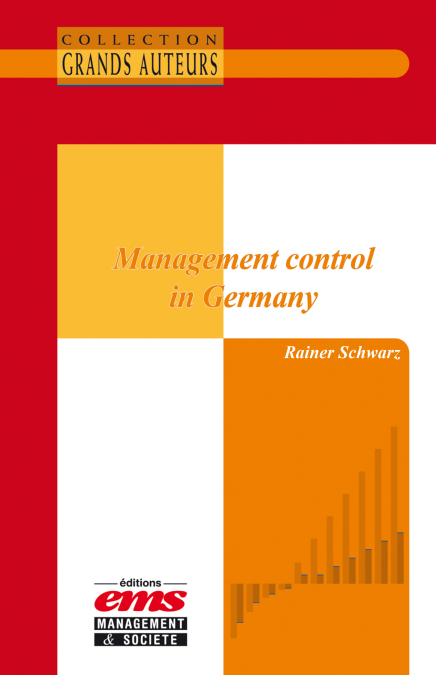
- Afhalen na 1 uur in een winkel met voorraad
- Gratis thuislevering in België vanaf € 30
- Ruim aanbod met 7 miljoen producten
- Afhalen na 1 uur in een winkel met voorraad
- Gratis thuislevering in België vanaf € 30
- Ruim aanbod met 7 miljoen producten
Omschrijving
Management control in Germany developed gradually. In the beginning we find on one hand a concern with security issues and on the other hand four main methods of management control: transfer prices, budgeting, ratio analysis (or – in modern words – key performance measures) and bench- marking. After the end of World War II Allied troops occupied Germany. Within the German firms and in the academic community developed a growing interest in American business experiences. The universities introduced Cybernetics, Operations Research and other fields and the business practice discovered the controller. In the nineteen-seventies controllership was introduced into business education. The field was named “Controlling” and the first textbooks for university education were published. From the nineteen- eighties on, a growing number of universities introduced “Controlling” and founded new chairs in this field. In search for a theoretical foundation of the field, the coordination concept of “Controlling” was elaborated. It serves in Germany up to now as the most common understanding of Management Control. In the nineteen-nineties we find a growing interest in the Anglo-American and French literature on Management Control. Based on this reception new concepts were formed. This evolution of academic insights culminated in 2002 in a conference where leading professors for Management Control discussed the different concepts
Specificaties
Betrokkenen
- Auteur(s):
- Uitgeverij:
Inhoud
- Taal:
- Engels
Eigenschappen
- Productcode (EAN):
- 9782847696240
- Verschijningsdatum:
- 28/06/2015
- Uitvoering:
- E-book
- Beveiligd met:
- Digital watermarking
- Formaat:
- ePub

Alleen bij Standaard Boekhandel
Beoordelingen
We publiceren alleen reviews die voldoen aan de voorwaarden voor reviews. Bekijk onze voorwaarden voor reviews.







